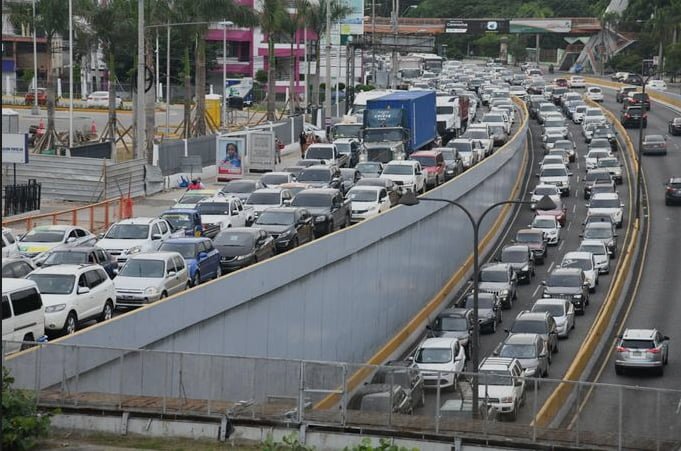
According to a study published in the Annual Review of Public Health, traffic noise pollution not only affects our auditory capacity but is also linked to a higher risk of developing cardiovascular diseases.
The physiological effects of noise are “becoming a real problem,” as stated by a psychiatrist and epidemiologist from the University of Pennsylvania (USA) and President of the International Committee on Biological Effects of Noise. However, few people realize the severity of this “silent killer.”
According to the WHO, the maximum safe noise exposure level is 85 decibels (dB) for a maximum of 8 hours. This permissible time frame decreases as the sound intensity increases.
On the roads and main avenues of our country, the safe sound level can easily be exceeded. For instance, trucks can generate around 90 dB, while emergency vehicles can emit sounds above 120 dB.
As noise increases, the amygdala, responsible for controlling emotional responses, releases hormones such as adrenaline and cortisol into the body, triggering a stress response even if the person is unaware. Once initiated, this reaction causes some arteries to constrict, while others expand. As blood pressure rises, sugar and fat flow into the blood for muscles to use quickly. The cascading stress response can also lead to the production of harmful molecules, causing further inflammation.
These dysfunctions can lead to the development of a variety of cardiovascular diseases, including high blood pressure, cholesterol buildup, obesity, and diabetes.







